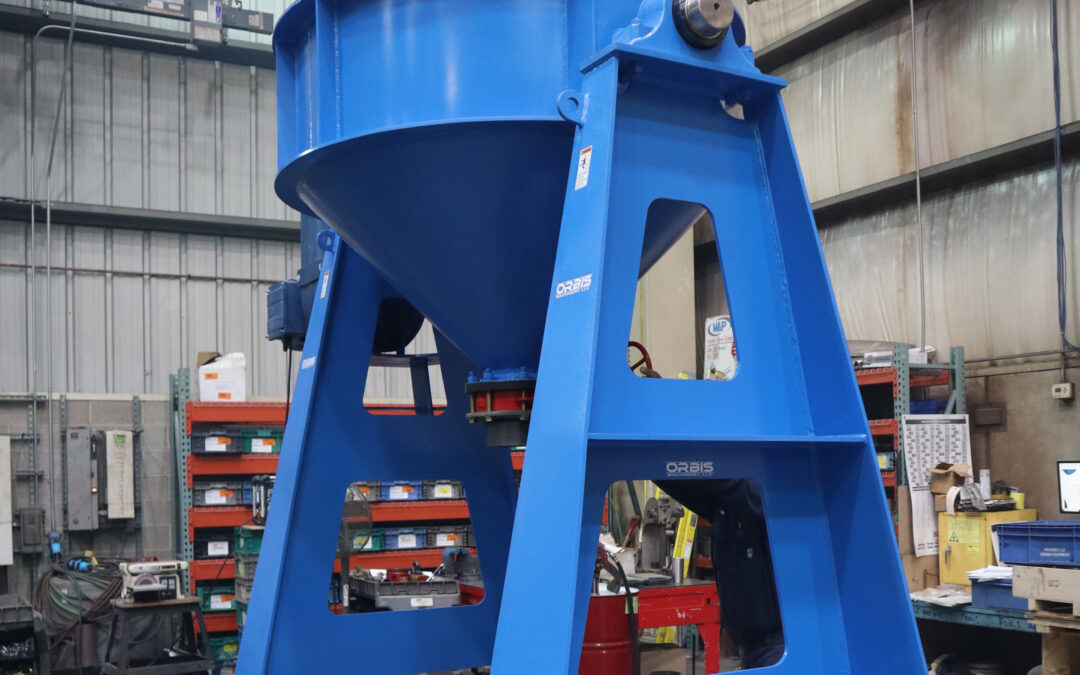The Service Council (TSC), one of the few influential voices within the service industry, has completed a survey revealing one of the mutual concerns of industrial manufacturing service leaders. They all are thinking about ways to improve their customer experience. They are searching for the answers to improve management of data-driven operations as well as knowledge. Talent requirement and skill gap were the major aspects that emerged from this study.
There are three major requirements of all industrial manufacturing firms. These include recruitment, management, and retention of top talent
These are the most talked topics of the majority of the industrial manufacturing firms. These concerns are correlated with various factors that include aging labor force, competition in the job market and the upsurge of millennials.
Talent Shortage: The Biggest Hurdle In Creating Manufacturing Service Leaders
The results of the study discussed above support the fact that talent shortage is one of biggest concerns of the industrial sectors globally. A recent study by Manpower reveals that around 40% of the companies report the shortage of top talent. This is exactly what pre-financial crisis data states. The other major revelation of this study is that over the last couple of years the numbers of employees being trained by employers is increased to double.
Training People Within The Workforce
The solution to this problem is finding the leaders within the existing workforce. Many companies facing talent shortage have been planning to invest resources into training their own workforce rather than finding talent outside to fill in the void. Training your employees to be the best doesn’t only benefit that individual, but it also helps your firm to grow.
Benefits of Training Your Own Workforce
Every employer needs exceptionally skilled members on his team. When you invest your time and resources on the development of a team of specialists, it positively impacts the following factors: Retention of employee, branding of employer, and attracting new candidates. No matter how good this idea may seem, it can only be implied to entry-level and mid-management level jobs. Things are quite different when it comes to creating Manufacturing Service Leaders.
Succession Planning
Most of the service leaders who took part in The Service Council study state that they are concerned about the lack of business leaders in the coming era. They fear there will be no one to navigate the ever increasing demand of the growing market.
There are three factors that this study brought to light. This will make it easier for employers to create manufacturing service leaders for the future.
- Plan Your Success More Frequently: You should plan your success at all times. You should take measures to incorporate such practices into your workforce that lead to success.
- Prepare Your Manufacturing Service Leaders For The Future: Prepare your workforce for the future. Train them to face whatever the future holds.
- Plan Your Success Strategically: Plan your success just as you would plan to achieve any other of your important business goals.
You need to keep all these factors in mind in order to lead your firm to success.
Jenkins, A. (2017, October). Advancing manufacturing leadership. Retrieved from https://www.mckinsey.com/business-functions/operations/our-insights/advancing-manufacturing-leadership



